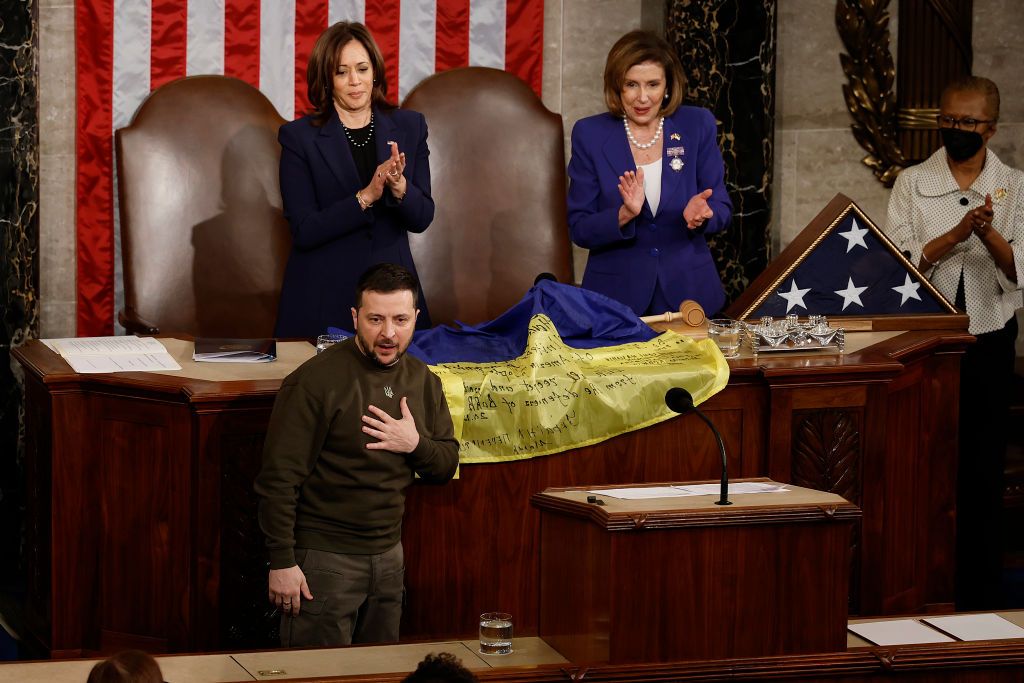US Congress continues to fight over border security, stalling Ukraine aid

Both Democrats and Republicans in U.S. Congress dug in their heels in the ongoing dispute over domestic border security, which has become tied to further support for Ukraine, and there appears to be little signs of progress.
Senate Republicans blocked a bill containing $61.4 billion in aid for Ukraine in December, largely due to the unrelated and unresolved dispute over U.S. border policy. Congress has been mired in infighting since then, as Republicans make hardline demands on border and immigration that many Democrats consider to be untenable.
The latest round of comments about the failure of negotiations came after Speaker of the House Mike Johnson said on Jan. 10 that he would block any legislation with aid for Ukraine unless it contained border security provisions unpopular with Democrats.
"Ukraine’s important as well. But we cannot be involved in securing the border of Ukraine or other nations until we secure our own. And so that border fight is coming, and we’re going to die on that hill," Johnson said.
Democrats are willing to support new border restrictions but not controversial measures such as requiring migrants to remain in Mexico while their asylum claims are resolved or the construction of 900 miles of a border wall.
“That’s a non-starter for me, and I think for most of us,” said Congressman Juan Vargas.
Other Democratic Congressmen accused Johnson and other Republicans of deliberately inserting poison pill provisions such as the border wall construction to intentionally doom the bill and then blame Democrats for its failure to pass.
"The Republicans are throwing the Ukrainians to the dogs,” Vargas said. “It’s sad; I think it’s a horrible situation, but that’s what I think they’re doing.”
Johnson, who has previously voiced support for funding Ukraine, also faces pressure from the far-right wing of his party. Some Republicans in Congress and Senate have already gone further, saying they will not support any aid for Ukraine unless it contains measures like the total shutdown of the border if daily crossings pass a certain number.
Some of the most outspoken Republican opponents of U.S. aid for Ukraine, such as Congresswoman Marjorie Taylor Greene, have categorically said they will not vote for any future funding, whether or not it also contains the border restrictions.
The issue is further complicated by the extremely slim Republican majority in Congress, which slipped to only seven after the expulsion of Congressman George Santos in December.
Congress is also working to prevent the upcoming government shutdown, which will partially begin on Jan. 19 and become complete on Feb. 2 unless Congress approves funding for the government.
The continuing political drama comes as U.S. military aid has "ground to a halt," U.S. National Security Council spokesperson John Kirby said on Jan. 11. Without additional action from Congress, there is "no other magical pot to dip into," Kirby said the previous week.











